#BigData
Driving Dystopia: Connected Vehicle Data Now Up For Grabs By Intelligence Agencies
Connected vehicles now appear to be on the table as a new vector for government surveillance. On Saturday, President Joe Biden signed a bill that reauthorizes Section 702 of the Foreign Intelligence Surveillance Act after the Senate passed it late on Friday (60-34).
U.S. Traffic Deaths Declined in 2023 But Remain Historically High
The National Highway Traffic Safety Administration (NHTSA) has announced that traffic deaths declined by 3.6 percent in 2023. While this is good news, the United States continues seeing per capita vehicle fatalities at the highest rate witnessed since the mid 2000s.
In 2023, the NHTSA reported 40,990. This is in contrast with the 42,514 on-road deaths cited for 2022. However, the U.S. witnessed a fairly staggering decline in vehicular safety starting around 2015 and we’re still seeing metrics that would be considered high from before that period.
Driving Dystopia: Automakers Are Selling Your Driving Data to Insurance Companies
A recent report from The New York Times has accused automakers of selling customer driving data to insurance firms. While this is something many drivers had already been made aware of since the implementation of connected vehicles, the outlet claims that the amount of data has ramped up to a staggering degree. Not only is the amount of data being shared staggering, so is the specificity and degree to which it’s impacting people’s insurance rates.
The report focuses on LexisNexis’ “Risk Solutions” program formerly dedicated to keeping track of accident reports and moving violations. However, the division has expanded dramatically over the years and now oversees just about every scrap of relevant data modern vehicles can accumulate about you.
Driving Dystopia: IIHS Suggests Driver Monitoring Systems Need Improvement
The Insurance Institute for Highway Safety (IIHS) has cooked up a new ratings program to encourage automakers to implement even more electronic nannies, including the kind that watch your every move behind the wheel, because the current batch have been deemed inadequate.
“We evaluated partial automation systems from BMW, Ford, General Motors, Genesis, Lexus, Mercedes-Benz, Nissan, Tesla and Volvo,” IIHS President David Harkey said. “Most of them don’t include adequate measures to prevent misuse and keep drivers from losing focus on what’s happening on the road.”
White House Vows to Investigate Security Risks Posed by Foreign-Connected Vehicle Tech
On Thursday, the Biden administration announced plans to investigate the potential national security risks being confronted by American automakers and any threats posed by connected vehicle technologies controlled by foreign adversaries — including China.
Driving Dystopia: Judge Dismisses Automotive Privacy Lawsuit
Last week, a federal judge refused to have the courts reexamine a gaggle of class action lawsuits claiming automotive manufacturers had violated Washington State's privacy laws after allegations that on-board infotainment systems were recording customers’ private text messages and mobile phone call logs. Despite substantial evidence that the above claims are not only true but also just the tip of the iceberg as manufacturers have normalized some of the most egregious data harvesting we’ve seen, the Seattle-based judge said the allegations were not severe enough to be considered a violation of the Washington Privacy Act (WPA).
How Much Privacy Do You Really Have In Modern Vehicles?
Whenever the issue of vehicular privacy comes up, the discussion almost immediately pivots to individuals either defending or condemning the status quo. But this often happens without either side of the argument having a firm understanding of how much information is actually being obtained inside today’s automobiles.
While we’ve covered the topic frequently, articles have typically focused on specific issues rather than overall scope. But things are different this time, with the Mozilla Foundation recently issuing a study trying to assess just how far-reaching the automotive industry’s quest for data has become.
NHTSA Tells Auto Industry Not to Comply With Massachusetts Data Laws
The National Highway Traffic Safety Administration (NHTSA) has advised automakers not to comply with a Massachusetts vehicle telematics rule designed to ensure customers have control over what happens with their private data. It’s the regulators' assertion that companies are obligated to enforce federal standards while suggesting that the state law poses safety concerns.
Interestingly, that’s the exact same claim the automotive lobby was making when the Massachusetts law was up first for debate and leaves one wondering who exactly the NHTSA is advocating for.
Whoops: Some Seattle-Area Mazdas Are Stuck Listening to NPR
There’s a gaggle of Mazda owners in Seattle, Washington, that have reportedly been stuck listening to National Public Radio (NPR) over the last few weeks. The manufacturer has addressed the problem, saying the local affiliate had broadcast images files with no extension causing an issue on some 2014-2017 Mazda vehicles with older HD radio software. This effectively bricked the infotainment system on some vehicles, locking them into listening to NPR and out of literally everything else.
IIHS Takes a Dump on Semi-Autonomous Cars, Then Impositions Drivers
The Insurance Institute for Highway Safety (IIHS) has said it is developing a new rating system to evaluate the existing safeguards found inside vehicles equipped with partial automation. Considering how commonplace advanced driving aids have become, you might be thinking this was long overdue. However, insurers were blindly praising advanced driving suites a few years ago — until they actually started testing them in earnest.
As luck would have it, there’s been mounting research supporting claims modern automotive tech encourages drivers to tune out and become distracted. While this wouldn’t be a big deal if the relevant features all functioned perfectly, the reality is that most are far less effective than advertised and practically all of them run the risk of being completely undone by inclement weather or poor lighting. Confusingly, the IIHS believes the best solution here is to make sure systems constantly monitor the driver to ensure the driver is constantly monitoring the system.
Can Automakers Really Cash In on Connectivity and Subscription Schemes?
A little over a decade ago, it seemed like everyone I knew was abandoning cable packages for online streaming services. They were cheaper, on-demand, and offered more choices with fewer advertisements. But as the years progressed, companies stopped selling their media to a handful of online video platforms and started building their own. Programming became more transient and isolated, forcing consumers to buy into additional subscription services. We’ve since hit a point where the overall consumer experience has diminished and grown more expensive, despite the steady influx of competition.
While automakers have been dabbling with subscription services of their own, their earliest attempts turned out to be such overwhelmingly bad deals that the public refused to play along. But they’re not giving up that easily. Industry players have been trying to figure out ways to charge customers indefinitely for years and are starting to settle upon subscription packages that can unlock hardware that’s already been installed into the vehicle or add software that can be downloaded via over-the-air (OTA) updates. Love or hate it, vehicular connectivity has opened up the door for new sources of revenue and businesses everywhere are eager to take advantage — with most companies projecting exceptionally healthy profits for the years ahead.
Report: The End of 3G Could Leave Your Vehicle With Fewer Features
When people started burning down 5G towers in fear, the practice seemed a little misguided. But if you happen to be the owner of a connected automobile, there’s a chance you’ll be wishing enough of them had been taken down to delay those low-latency spires from becoming the default broadcasting network.
While you were probably aware that 3G cellular networks will be shut down in the U.S. next year so the telecom industry can focus in on 5G, you may not have been hip to the fact that this could totally nullify the connected features inside of your car. Unfortunately, loads of automobiles manufactured the early days of phone pairing and internet integration won’t be able to make the journey into 5G like the new phone or tablet you purchased. Worse yet, there are even some modern vehicles that are about to become a lot less feature rich with companies that have no intention of offering updates.
Driving Dystopia: Stellantis Is Becoming a Software Company Like Everyone Else
On Tuesday, Stellantis announced a plan to cultivate €20 billion ($23 billion USD) per year by 2030 via “software-enabled product offerings and subscriptions.” However, the automaker will first need to increase the number of connected vehicles it has sold from 12 million (today) to 34 million by the specified date.
This is something we’ve seen most major manufacturers explore, with some brands firmly committing themselves to monetizing vehicular connectivity through over-the-air (OTA) updates, data mining, and subscription services. Though much of this looks decidedly unappetizing, often representing a clever way for companies to repeatedly charge customers for equipment that’s already been installed.
Right-to-Repair Victory Forces Subaru to Tweak Things in Massachusetts
Subaru of America will be canceling Starlink telematics subscriptions on all new 2022 vehicles sold in Massachusetts thanks to the state having an amended right-to-repair law that’s wildly unpopular with global automakers. If you’ve been following our coverage, Massachusetts has become ground zero for consumer advocacy groups, independent repair shops, and car buyers that have grown concerned with the industry’s increased interest in data hoarding.
The argument is that the automakers are now building vehicles that violate customer privacy — by wirelessly transmitting information back to manufacturer data farms — while also setting them up to make independent repairs nearly impossible. This resulted in an extended legal battle where the Alliance for Automotive Innovation (AAI) went to bat to ensure the industry retained this lucrative venture. But it was stymied by the grassroots campaign launched against it. Massachusetts’ updated law currently requires all vehicles sold within the state (from the 2022 model year onward) using telematics systems to be equipped with a standardized, open-access data platform that would allow customers and unaffiliated mechanics to gain access.
Tesla Fixes Full Self-Driving Beta Software Issue
Following claims that Tesla’s “Full Self Driving” beta caused some vehicles to experience erroneous forward collision warnings and the automatic emergency braking system stopping cars for no discernable reason, the manufacturer has filed a probable fix with the National Highway Traffic Safety Administration (NHTSA).
The recall encompasses 11,700 equipped with FSD beta software version 10.3 that was released on October 23rd. While Tesla says that the vast majority of the vehicles selected to test the new code were already fixed via over-the-air updates, 0.2 percent of the whole still had not been issued a fix as of October 29th. Affected cars include every Tesla model ever made, provided it’s from the 2017 model year or later.



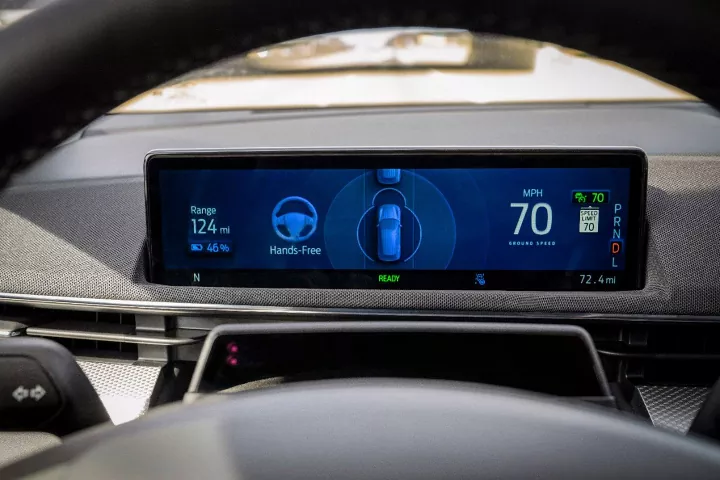
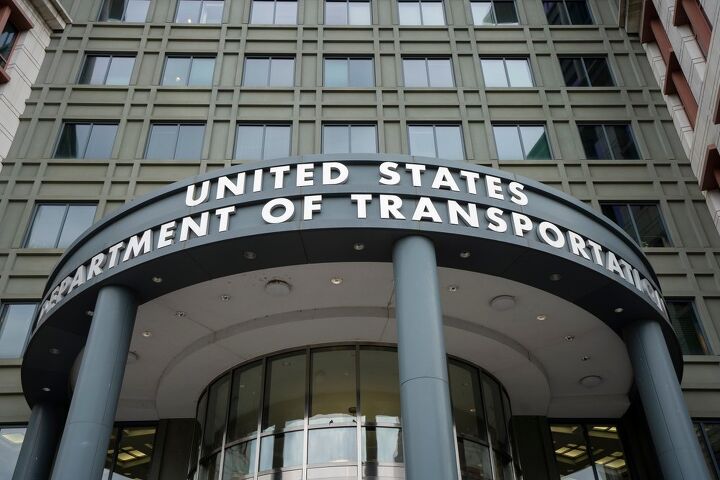
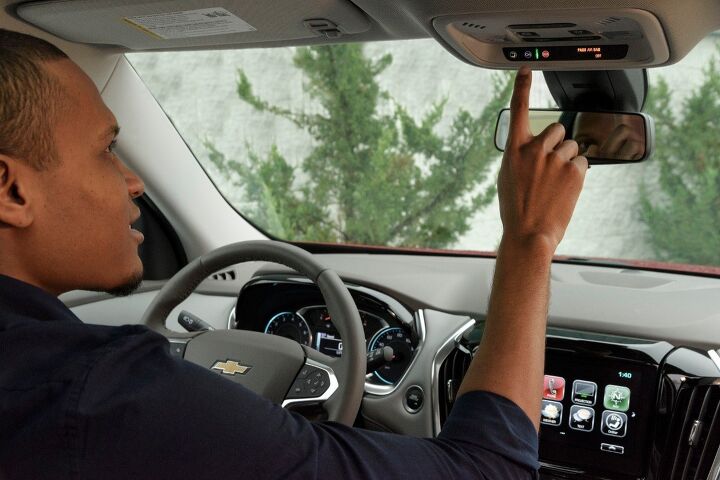
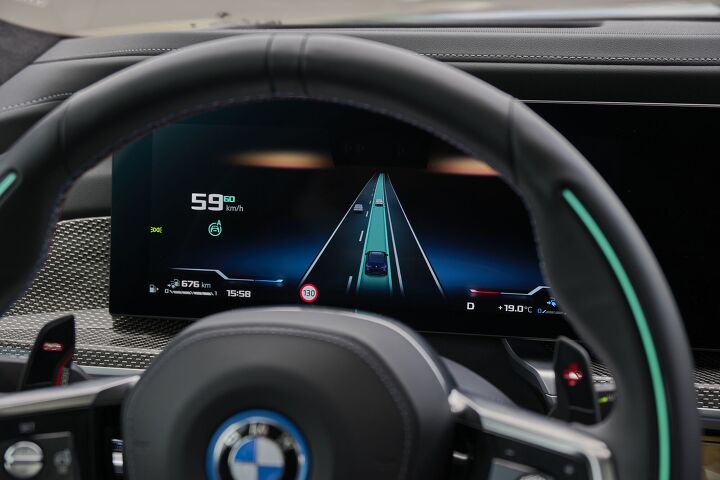
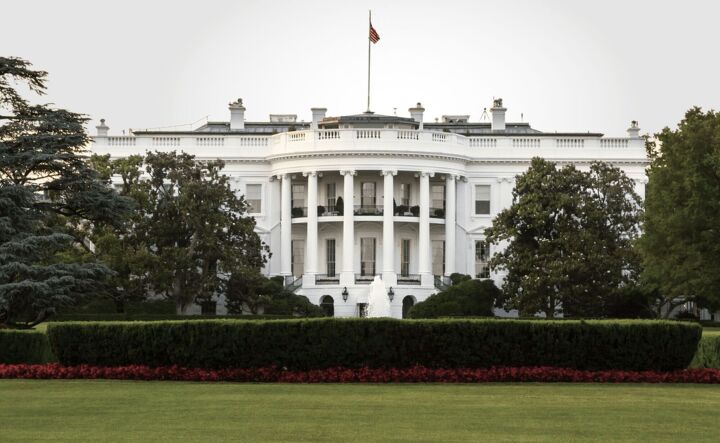


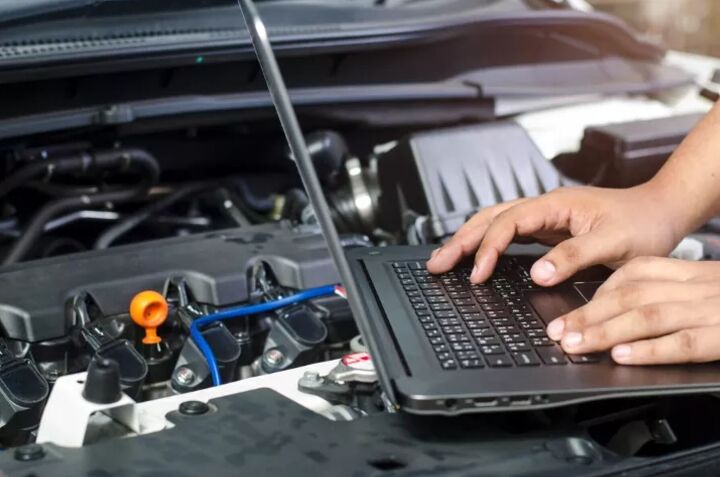
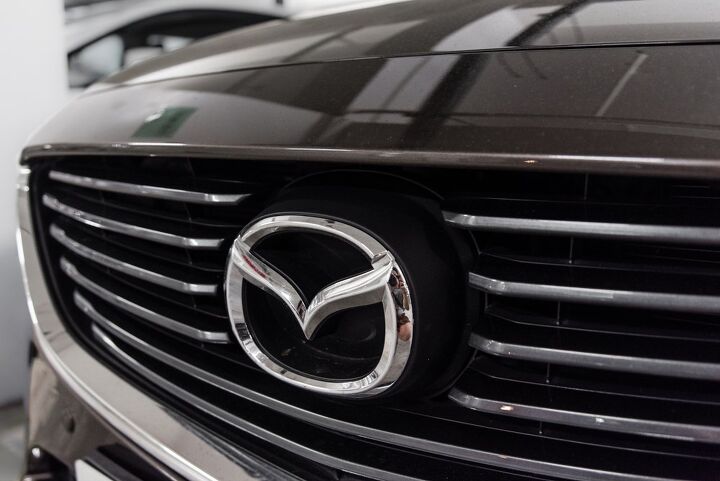
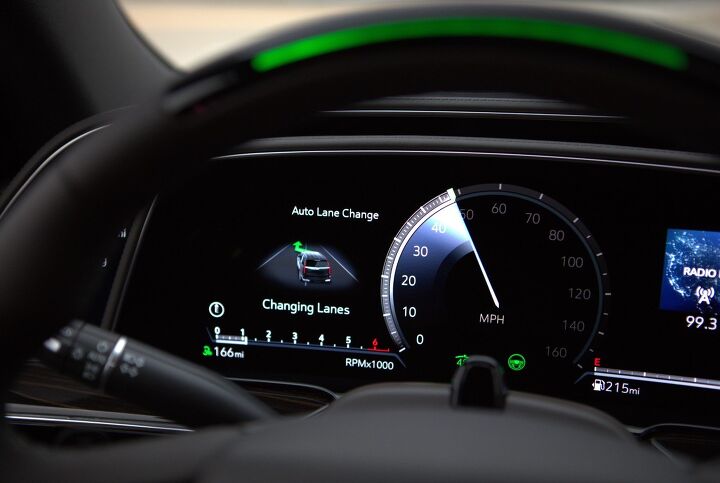


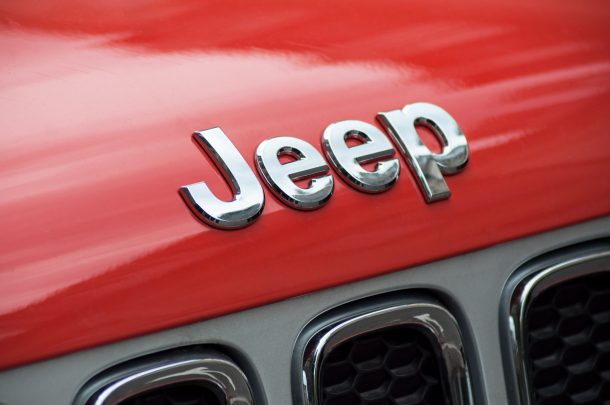
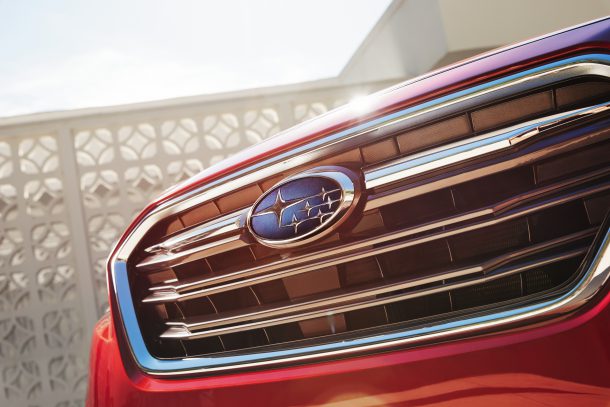













Recent Comments